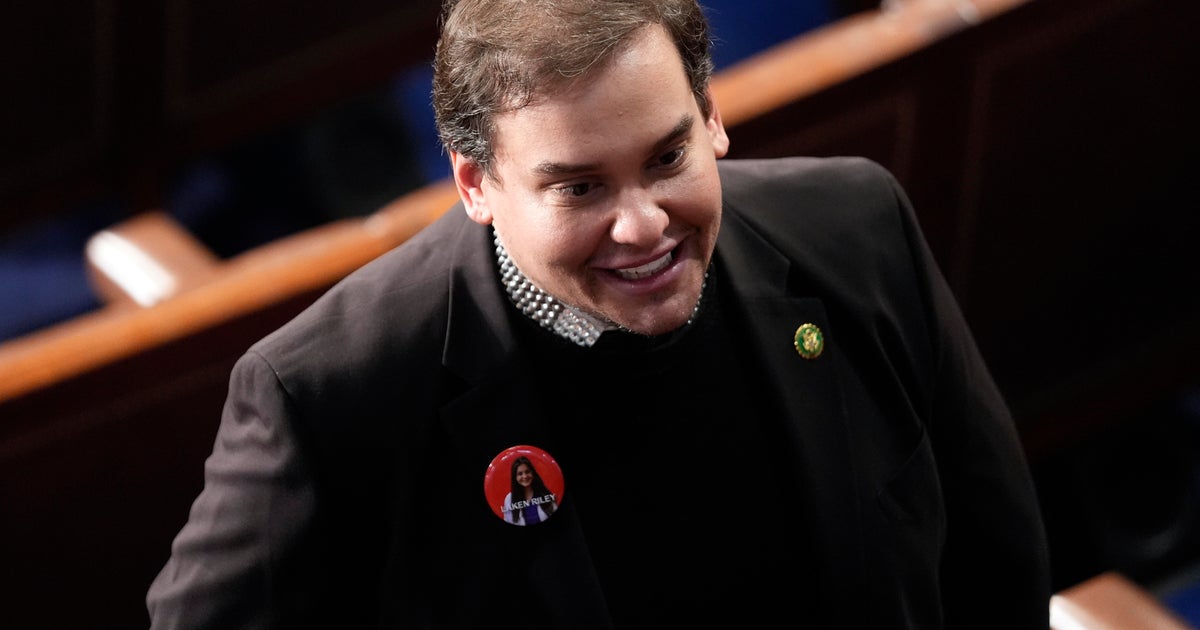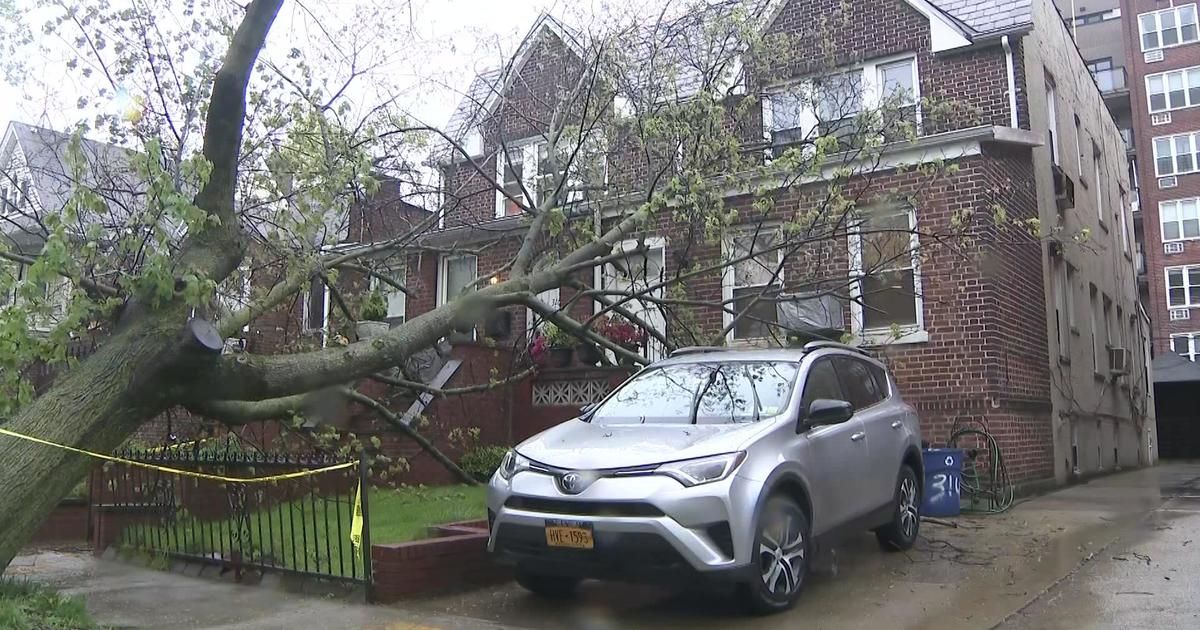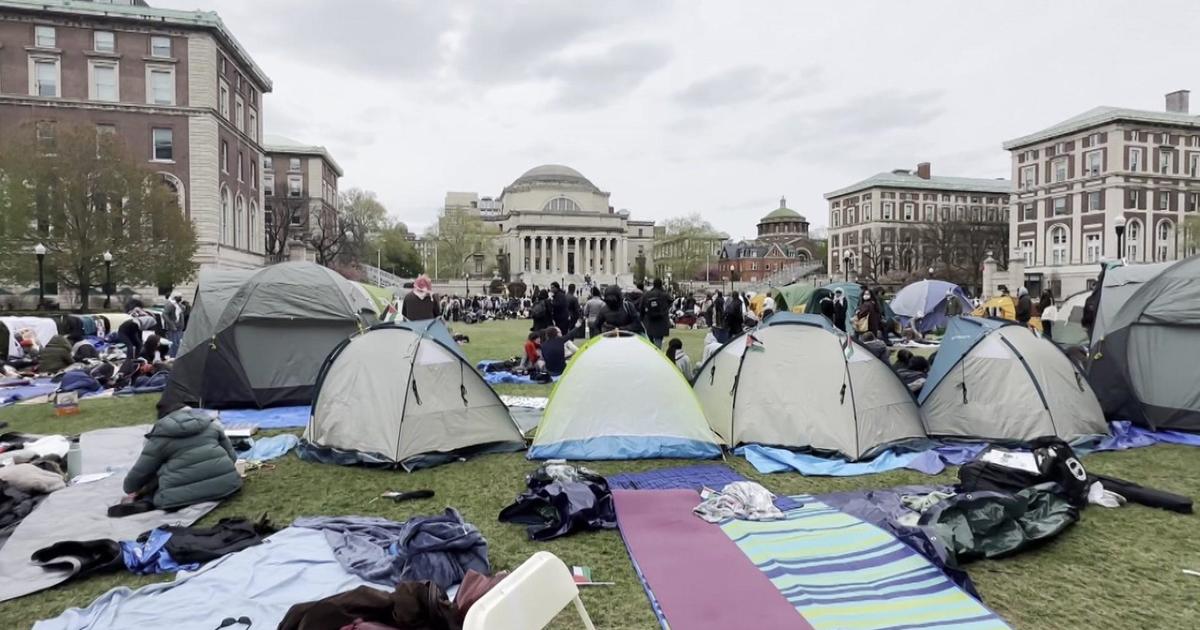Gov. Andrew Cuomo, NY Lawmakers Reach Deal On Medical Marijuana
ALBANY, N.Y. (CBSNewYork/AP) -- New York is set to become the 23rd state to legalize medical marijuana under an agreement announced by legislative leaders Thursday.
The so-called Compassionate Care Act would legalize certain forms of marijuana for severely ill patients. The legislation would not allow the drug to be sold in plant form or smoked, but it could be administered through a vaporizer or in an oil-base.
Lawmakers could vote on the bill Thursday night or extend the legislation session into Friday.
Gov. Andrew Cuomo, NY Lawmakers Reach Deal On Medical Marijuana
Earlier in the negotiations, Gov. Andrew Cuomo sought to ban smoking the drug, saying it was wrong for the state to promote smoking.
"In the end you have to balance the needs of many of the patients, and the truth is we're coming to a point where less and less people smoke combustible methods anyway," said bill sponsor Sen. Diane Savino, a Staten Island Democrat.
Marijuana could be prescribed for at least 10 diseases -- including epilepsy, AIDS, ALS and neuropathy -- under the direction of the state's Health Department. The health commissioner would be able to add more illnesses.
"There are no advisory boards," Cuomo told reporters, including WCBS 880's Peter Haskell. "There's no intermediaries. It's regulated by the Department of Health. It can be stopped by the executive at any given time."
If approved by the Legislature, the bill would allow the program to start in as soon as 18 months and would allow a governor to terminate it under advice from the Health Department or law enforcement.
"Medical marijuana has the capacity to do a lot of good for a lot of people who are in pain, who are suffering and are in desperate need of a treatment that can provide relief," Cuomo said during a news conference with lawmakers.
Interview With Drug Policy Alliance's Gabriel Sayegh
Doctors would have to undergo training to be eligible to prescribe the drug and could face a felony charge punishable by up to four years of prison if they write fraudulent prescriptions.
The bill would not require insurance companies to cover the cost of the drug.
Patients who sell their prescribed marijuana could face a misdemeanor. Patients would be required to carry registration cards showing they are authorized to possess the drug and can be prescribed a maximum 30-day supply.
Five registered growing organizations would be allowed up to four dispensaries each throughout the state, with the counties where the marijuana is grown and sold receiving revenue from an excise tax. Under the stipulation, cultivators must grow the drug indoors in a secure facility.
Some New Yorkers told CBS 2's Dave Carlin that it's time New York joins 22 others states that already allowing the drug for medical use.
"If you can legalize it and regulate it more, the better," said Michelle Mussett, of Greenpoint, Brooklyn. "And it brings money into the cities who need it."
Others, however, see a danger in making marijuana more prevalant, even if for regulated medical reasons.
"I do think it could cause more problems because, slippery road here, because people will have access to it and also it's an infringement if your neighbor does it and you're highly allergic," said Dottie Bell.
Cuomo was initially opposed to medical marijuana earlier in his term but proposed a pilot program in January to allow up to 20 hospitals statewide to administer the drug.
He initially wanted a five-year sunset period to evaluate the new program, but negotiations extended that to seven years.
In a statement, the Drug Policy Alliance, which supports the decriminalization of drugs, said while patients will "benefit" from the compromise, it still does not go far enough.
"We are disappointed to learn that eligible conditions have been limited, and despite strong medical evidence about the benefits of smoked and raw cannabis, leaders decided to exclude this as an option for doctors and patients in New York," Gabriel Sayegh of the alliance said in the statement. "We strongly believe that the decision about the mode of administration for any medication should be left up to doctor and their patients."
The alliance said the cost of buying a vaporizer would likely prove to be too high for low-income patients.
But the group Smart Approaches to Marijuana, which says it seeks "a middle road between incarceration and legalization," said the restrictions in the compromise were necessary.
"By all accounts, marijuana candies, cookies and oils -- allowed under this compromise -- are dangerous, and they are sending kids to the ER weekly in places like Colorado," Smart Approaches to Marijuana New York coordinator Dr. Jeffrey Reynolds said in a statement. "We are, of course, pleased that Governor Cuomo refused to go along with the original plan that included smoked marijuana and was fraught with loopholes, but we worry about the ultimate effects of this compromise."
The law would need to be renewed every seven years, CBS 2's Dick Brennan reported.
You May Also Be Interested In These Stories
(TM and © Copyright 2014 CBS Radio Inc. and its relevant subsidiaries. CBS RADIO and EYE Logo TM and Copyright 2014 CBS Broadcasting Inc. Used under license. All Rights Reserved. This material may not be published, broadcast, rewritten, or redistributed. The Associated Press contributed to this report.)



